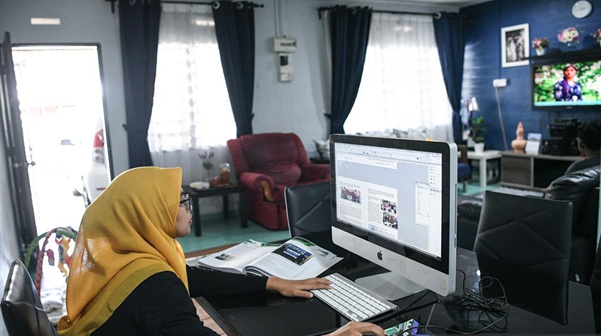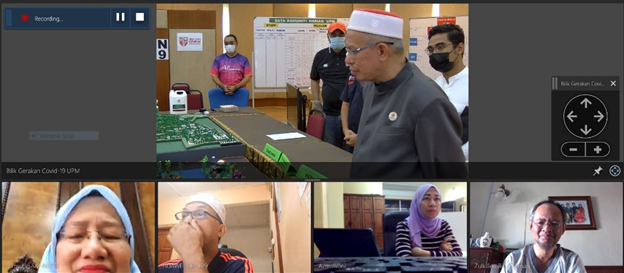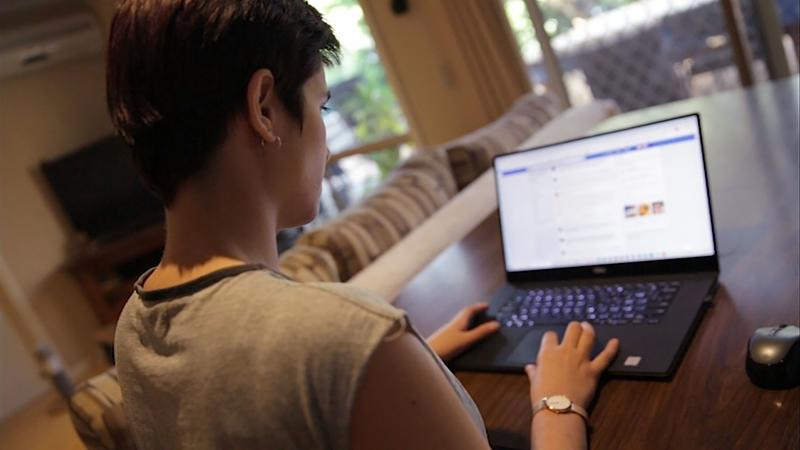The COVID-19 epidemic that hit the whole world was worrying. It affects many jobs and the economy, but it does not mean that we have to compromise productivity.
The Movement Control Act, which also includes the closure of all government and private premises except those involved with the country's essential services, has certainly caused companies and agencies to recommend home-based workers.
In general, working from home has many advantages such as flexible hours, a relaxed work environment, better home-office balance, more effective implementation and less need for traffic congestion.

However, some challenges and obstacles include the lack of physical and financial resources such as greater work space, lack of organizational structure, less source of inspiration and more isolation.
The biggest challenge is how to be more productive outside of the organizational structure of the office. Of course, several factors can interfere with productivity.
For example, you still need to do laundry, prepare meals and clean your house.
Therefore, it is important to have a clear schedule and to stick to the rules. Avoid going to bed for breakfast especially after breakfast and work as if you need to drive to the office even if you are just walking to the next room in your own home.
Everyone has a different way. Some can work better in a noisy environment, while others can't concentrate but in a neat workspace. What is important is that we still prioritize productivity under any circumstances.
Here are some productivity tips to follow. First, restrict work space to specific areas of the home so that work does not interfere with other homeowners' lives, thus focusing attention.
This means that space needs to be set up as a work station, rather than checking email, voicemail or sending a message in front of a television or performing work on a kitchen table.
It can also create pressure-free zone space to help concentrate. If there are no separate rooms, look for areas with minimal housekeeping or corner room.
Second, avoid places that invite excessive noise from householders. Studies show that the combination of soft music with natural sounds like waterfalls, rain, rivers or waves activates the soothing part of the brain, thus helping to focus and lower heart rate and blood pressure.
Third, go to the same place on a regular basis so the mind does not illuminate. Establish strict psychological boundaries so that you are not always reminded of unresolved environmental temptations or personal tasks - such as doing laundry, scrubbing or cooking - that affect productivity.
Fourth, set tight physical boundaries around the workspace. If possible, just go to the space when you need to work. Set up a regular schedule and keep your workspace at your leisure. Try to maintain the same time you have to log in to the office to avoid the workload.
Fifth, after working hours, place the electronic device and workpiece such as a worker keeping a craft item in the store. Maintaining work reminders enables us to relax and 'recharge the battery.'
Sixth, reduce personal aggression. Sometimes family, friends and neighbors consider work at home different. Disruptions and drop-ins can cause us to lose focus, delay or exceed our deadlines.
It is important to prevent workplace intrusions by letting others know that even though the job site is changing, we still need privacy and focus.
Tell them during work hours at home that we are not ready and that we will not be disturbed. Let them know that only after working hours, we can get in touch.
Seventh, take advantage of video communication more than ever to stay in touch with team members or office colleagues. We can make video and telecommunication calls. If you are lonely, it is advisable to set up a support group of friends and colleagues who also work from home.

Make plans to meet regularly and share creative ways tailored to new situations.
However, what is important is to avoid 'home fever.' By working out and spending time in the home, you may need to get out of the house by gardening or walking around the house.
Research shows that spending time in a relaxed state can reduce stress, help to relax and clear your mind.
BY ARTICLE AUTHOR:
Director of the Center for the Study of Intensive Media and Information,
Faculty of Communication and Media Studies, University of Technology MARA (UiTM)
Date of Input: 22/04/2020 | Updated: 28/04/2020 | wannoorshidah
MEDIA SHARING



















.jpg)








.png)




